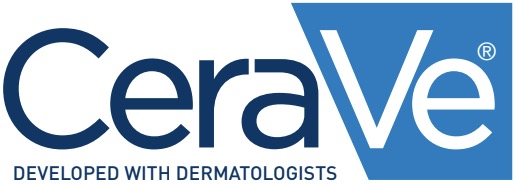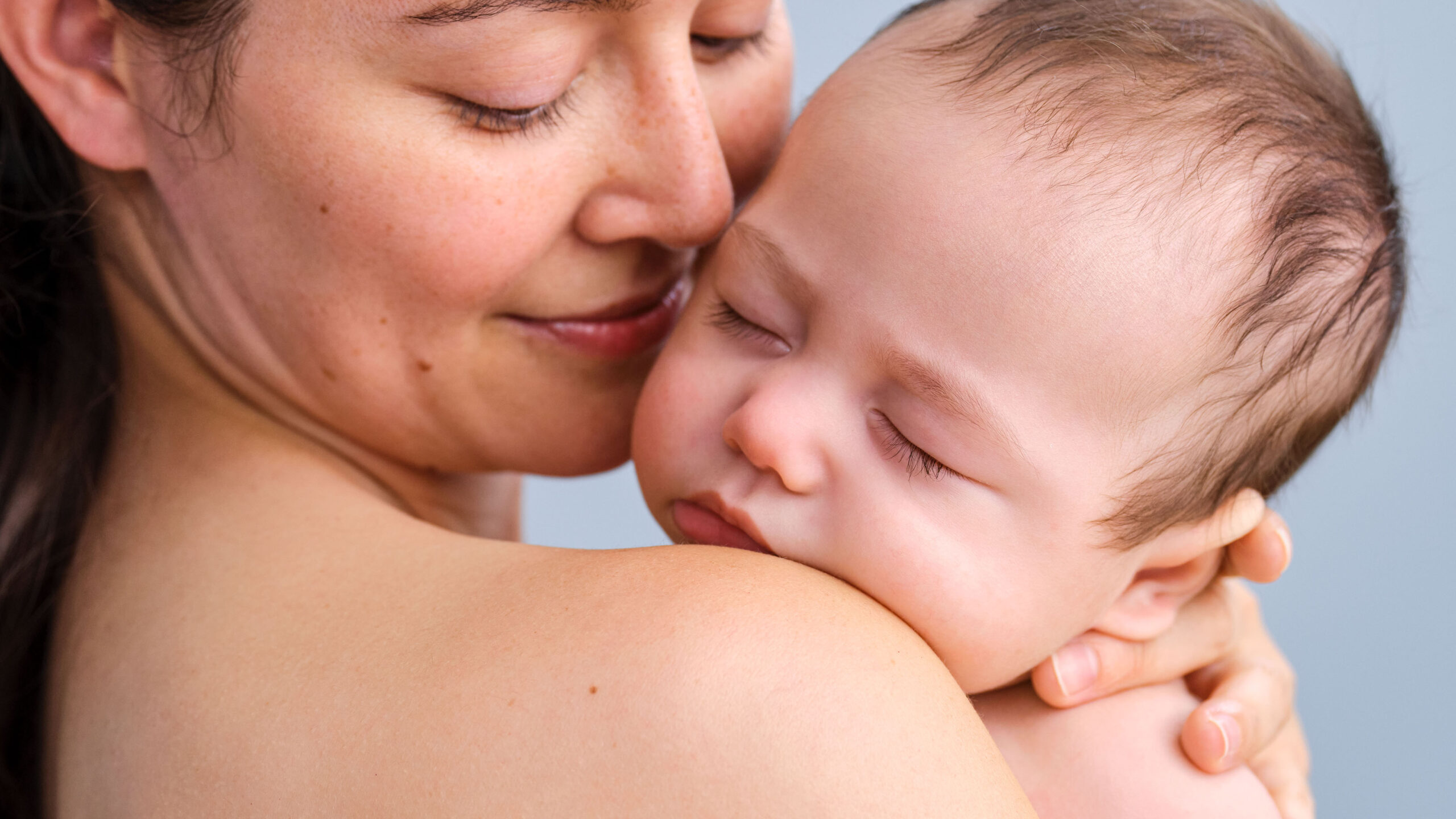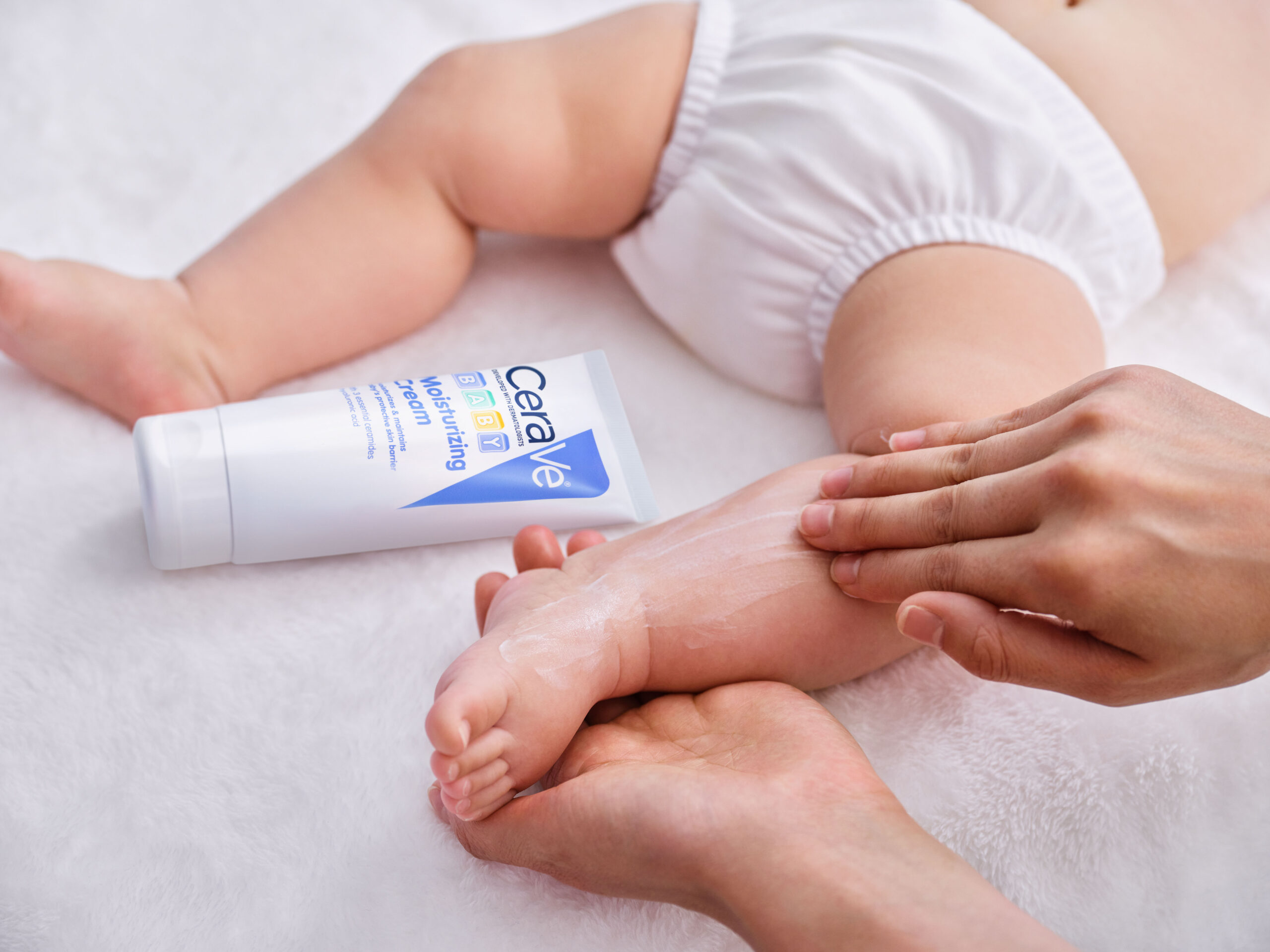

Ask any mom and she'll tell you, her newborn baby's skin is one of the purest, most delicate — and, honestly, most perfect — part of her new little one. Caring for their skin is one of our most important tasks when baby is first born. We want to make things as simple as possible for parents, so we're breaking down exactly how to care for a baby's skin. Newborn babies have very thin, sensitive skin, and it changes a lot within the first few weeks and months.
A baby's skin is very different from yours and even from your older kids'—in fact, baby's skin is 30% thinner than adult skin and takes two to four years to mature. There's much more to keeping baby's skin hydrated — so making sure that baby's skin care routine includes gentle products that help maintain moisture is of the utmost importance.

Here are some tips for taking care of your baby’s skin throughout their first year:
- The World Health Organization (WHO) recommends delaying baby’s first wash until at least a full 24 hours after birth. Once their umbilical cord stump falls off, you can give your baby sponge baths.
- A great way to keep baby’s skin hydrated is to use CeraVe Baby Moisturizing Lotion — apply the lightweight baby lotion after bath time and before bedtime to lock in hydration throughout the day.
- Use ceramide-rich moisturizers to maintain the skin’s barrier. In the womb, babies are protected by a coating on their skin called the vernix caseosa, which contains ceramides. This is lost soon after birth. Ceramide-rich moisturizers, such as CeraVe Baby Moisturizing Lotion or Cream, can help soothe dry skin and help reinforce the skin barrier, which seals in moisture and keeps impurities out.
- Follow best practices for bath time. When it comes to bathing, the most important thing is to keep baby safe — always make sure baby is supervised and only use warm (not hot) water. Keep baths short to avoid drying out the skin, and use gentle and effective cleansers, like CeraVe Baby Body Wash & Shampoo. It is not only a two-in-one shampoo and body wash, but it is also tear-free and soap-free.
- Keep nails trimmed. Babies’ nails grow pretty quickly, and it’s important to keep them short so they don’t accidentally scratch themselves. Use baby-safe nail clippers or scissors to trim their nails safely.
- Stay informed about common baby skin issues. Cradle cap, diaper rash, baby acne, eczema, and dry patches are all pretty common and not cause for major concern. Knowing how to deal with each of these issues will come in handy — and it’ll help you recognize if your baby’s skin has something unusual going on.
- Keep baby out of the sun. Babies have incredibly delicate skin, which makes them much more susceptible to UV rays. On sunny days, keep baby’s skin covered with lightweight clothing, keep them in the shade as much as possible, and put them in hats that cover their neck and ears. Once they’re old enough (most doctors say six months and older), use a gentle, paraben-free, and broad spectrum sunscreen, like CeraVe Baby Sunscreen.
- Watch out for diaper rash. Most babies experience diaper rash at some point in their first few years of life. Use a petrolatum-based ointment, like CeraVe Baby Healing Ointment, to help prevent and treat diaper rash.
- Expect dry skin. It’s very common for babies to have areas of dry skin, so be prepared with CeraVe Baby Moisturizing Cream, which is developed with pediatric dermatologists to provide comforting all-day moisture.
- Don’t panic! Because babies’ skin takes a few years to develop, it’s not unusual for them to experience skin issues here and there. If you notice something new going on with your baby’s skin, just schedule an appointment with your pediatrician.
Save up to $3 on any CeraVe Baby skincare product by signing up here.



